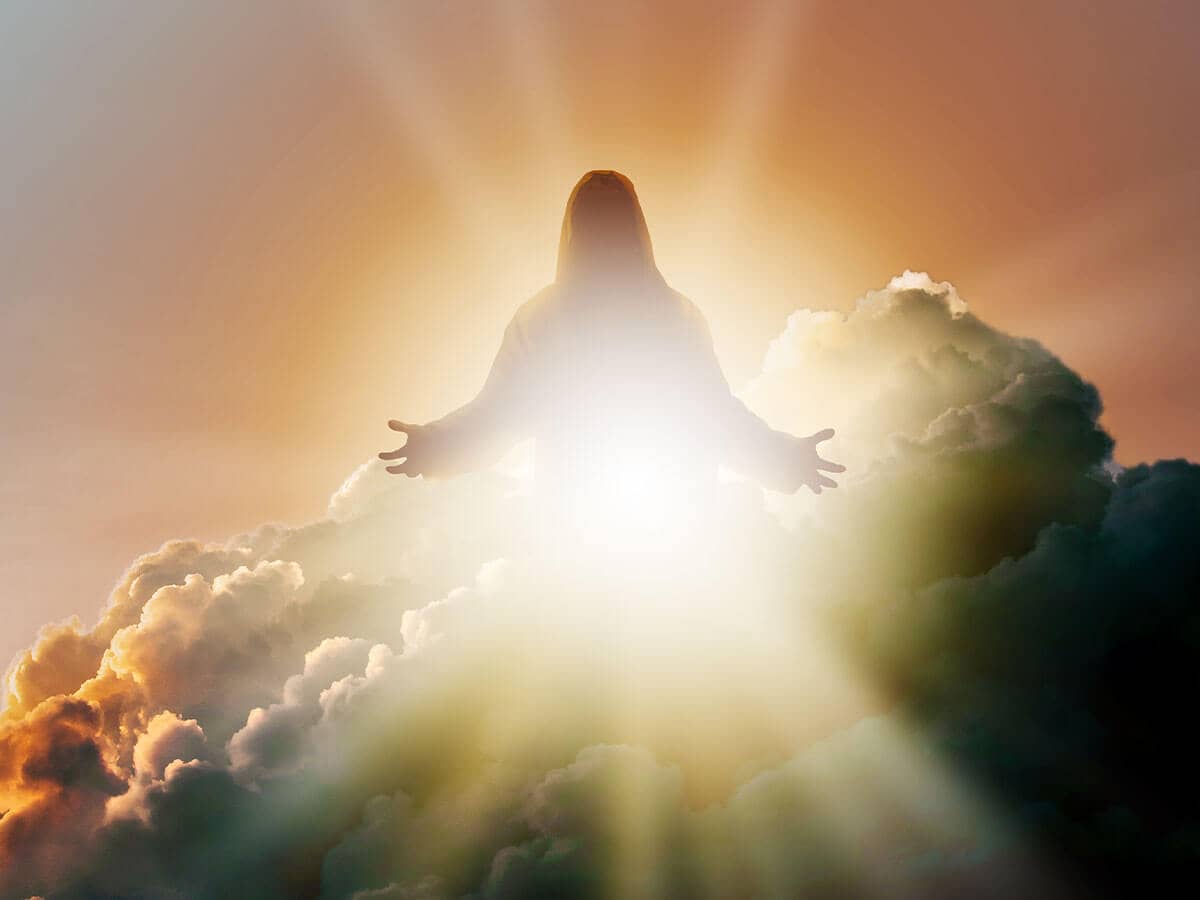A contemporary memorial service feels completely different. There is no corpse; death is little-mentioned; and the point is to have an upbeat celebration of the dead person's life. You get lively music, humor, and a nice spread of food. You could easily mistake it for a wedding.
I can't remember ever attending a corpse-less memorial service when I was young. Someone's death meant seeing a body at the dreaded obligatory viewing. People mourned with the grieving family in their homes; they brought food to help the family through the sorrowful time.
But funerals may be going the way of Victorian tear bottles, black armbands and widows' veils. These days, only if you are Princess Diana will your death be given any significant public acknowledgement. For the average Jane, with a plain vanilla death, out of sight and out of mind is how we like it.
In our death-sanitizing culture, authentic Christianity is marginalized because it embraces the cross, a symbol of death, and proclaims a bodily resurrection. But Christianity without the triumph and hope of the Resurrection is no Christianity at all. For Christians, coming to terms with death is an opportunity to appreciate the significance of Jesus' resurrection.
Death matters. And we need a variety of public ways to acknowledge this human experience. Funerals and mourning rituals not only provide us with psychological opportunities to deal with our loss, but they also provide us with opportunities to understand the meaning of our faith. The hope found in the Resurrection cannot be fully appreciated until we are willing to come to terms with the tragedy of death and stare it in the eye.
Our growing trivialization of death requires that we either make death invisible or attempt to make it more attractive. The defanging of death is a slow metamorphosis of the language and rituals associated with it. It is the process of denying mourning any public space and silencing the grieving.
This process begins early because death must be learned. We all remember those moments of our childhood when it dawned on us that death was real and that pets, grandmothers and friends die. We are born to think of life as eternal like youth. We are wired for the unending optimism of a life that keeps on giving. The reality is that death invades this pristine vision of life. Communities must deal with the pervasiveness and motivating power of death. Public acknowledgments of death--or lack of them--reflect our spiritual viewpoint.
Corporate America usually allows three days off for the death of a close relative. From what I've seen, people whose pets die take longer than that to get over the loss. If you find yourself still in deep mourning after a few weeks, you're "stuck" and in need of Prozac.
Meanwhile, when we're moved to comfort people who are grieving, our gestures of sympathy feel intrusive. The surrounding culture makes us feel pressured to pretend that nothing significant has happened.
We are given little time and no place to mourn. Maybe that's why we now see church signs touting grief recovery groups. We are supposed to be happy; if we're not, we are driven to find out why.
It's fashionable to discuss how to have a "good death." From the womb to the nursing home, death has become a positive solution to pain or simple inconvenience. Even in our praiseworthy attempt to bring dignity to the dying, we are in danger of elevating death and forgetting its tragedy.
Death is the enemy of all that is human. You will die a physical death. The good news of Jesus Christ offers not only salvation for our souls but the redemption of our bodies--a literal bodily resurrection, not wishful thinking.
Jesus experienced the anguish of contemplating his own death to the point of sweating blood. He did not want to die. He understood its implications; only by experiencing it could he defeat it. As the biblical woman from Tekoe said, "like water spilled on the ground, which cannot be recovered, so we must die. But God does not take away life; instead, he devises ways so that a banished person may not remain estranged from him."
The resurrection of the body is God's great foil of death.

